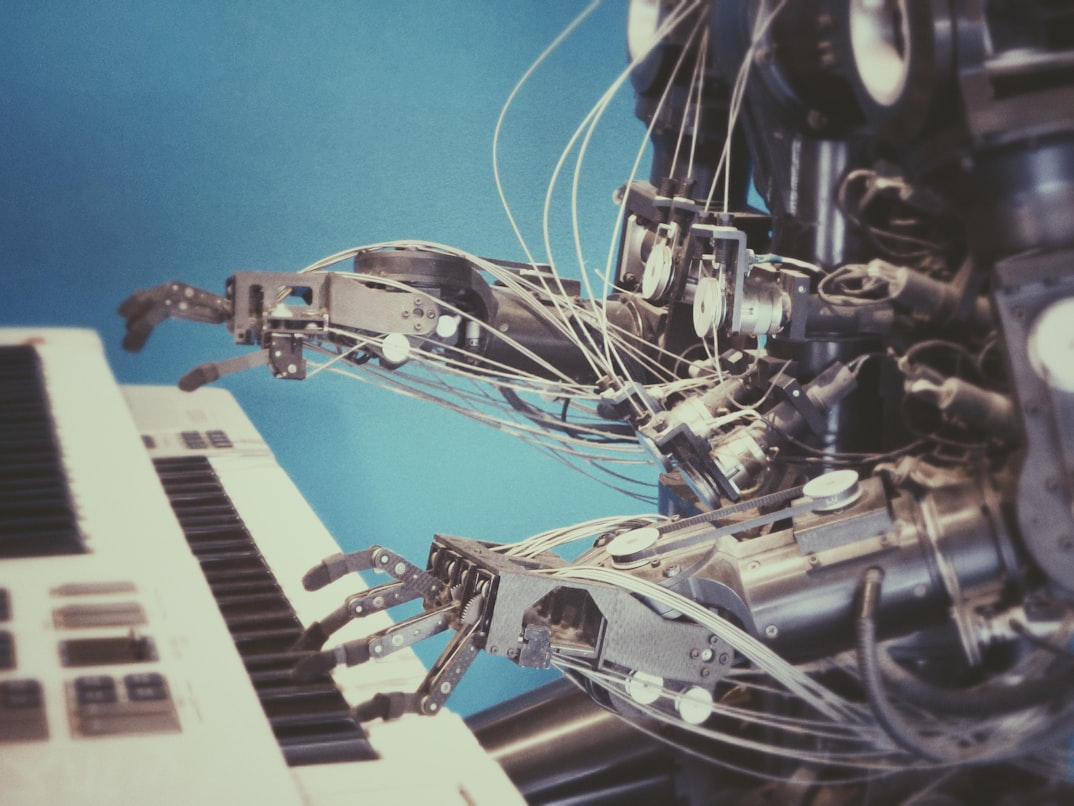On the bright side, these smart algorithms are cooking up entire musical compositions, from melodies to lyrics. Music producers and composers are jumping on the tech bandwagon, making soundtracks for movies and video games a breeze. The upside? Everything's getting a bit easier.
And here's the kicker – AI-generated music can be pretty darn sweet! With AI lending a hand, producers can churn out tunes faster than ever. It's not just about speed; AI brings fresh sounds to the table, giving us experimental jams we've never heard before. Plus, it's often cheaper than hiring human musicians – talk about saving some bucks. Quick suggestions for chords and lyrics? AI's got that covered, making life easier for artists to focus on the fun parts of creating.
The customization game is strong with AI. Musicians and producers can tailor compositions to fit specific projects, making the music more effective. It's not just for the pros either – AI is democratizing music creation. You don't need traditional training; just let the algorithms do their thing. And the collaboration game has leveled up – artists can collaborate across locations, creating music that might've been impossible before. All in all, the future of AI-generated music seems promising.
But, and it's a big but, there are concerns too. AI isn't rocking the emotions like humans do. Some say AI-generated music might sound a bit sterile, lacking the emotional impact humans bring. Another worry is that AI might be too tied down by algorithms and data sets, limiting true creativity. It's a fine line between uniqueness and just following the code.
And then there are the ethical questions – who owns the music created by AI? Copyright battles might be on the horizon, raising concerns about protecting the rights of human composers and musicians in this evolving landscape. Oh, and let's not forget job displacement. As AI music takes the stage, there's a risk of replacing human composers and musicians, shaking up the industry and affecting livelihoods.
With AI tech racing ahead, predicting the future of music making is like trying to catch a butterfly. Some artists might embrace AI as a creative tool, while others stick to the traditional craft. The line between "real" and AI-generated music could blur as AI becomes more mainstream. How this all plays out depends on how we use and integrate AI into the creative process. Balancing it out might be the key, as completely handing the reins to AI seems a bit too radical for now. The future of music? It's uncertain, but it's one heck of a ride!
(photo by @possessedphotography)
